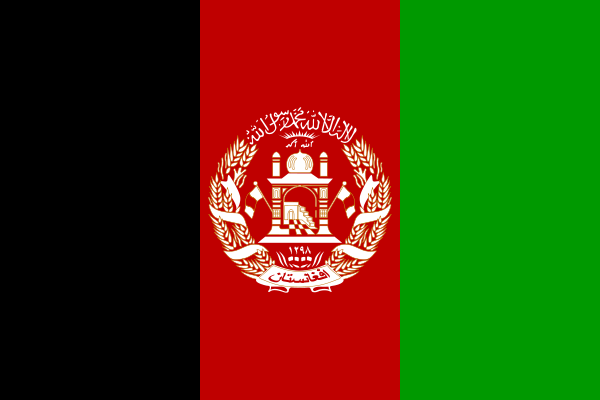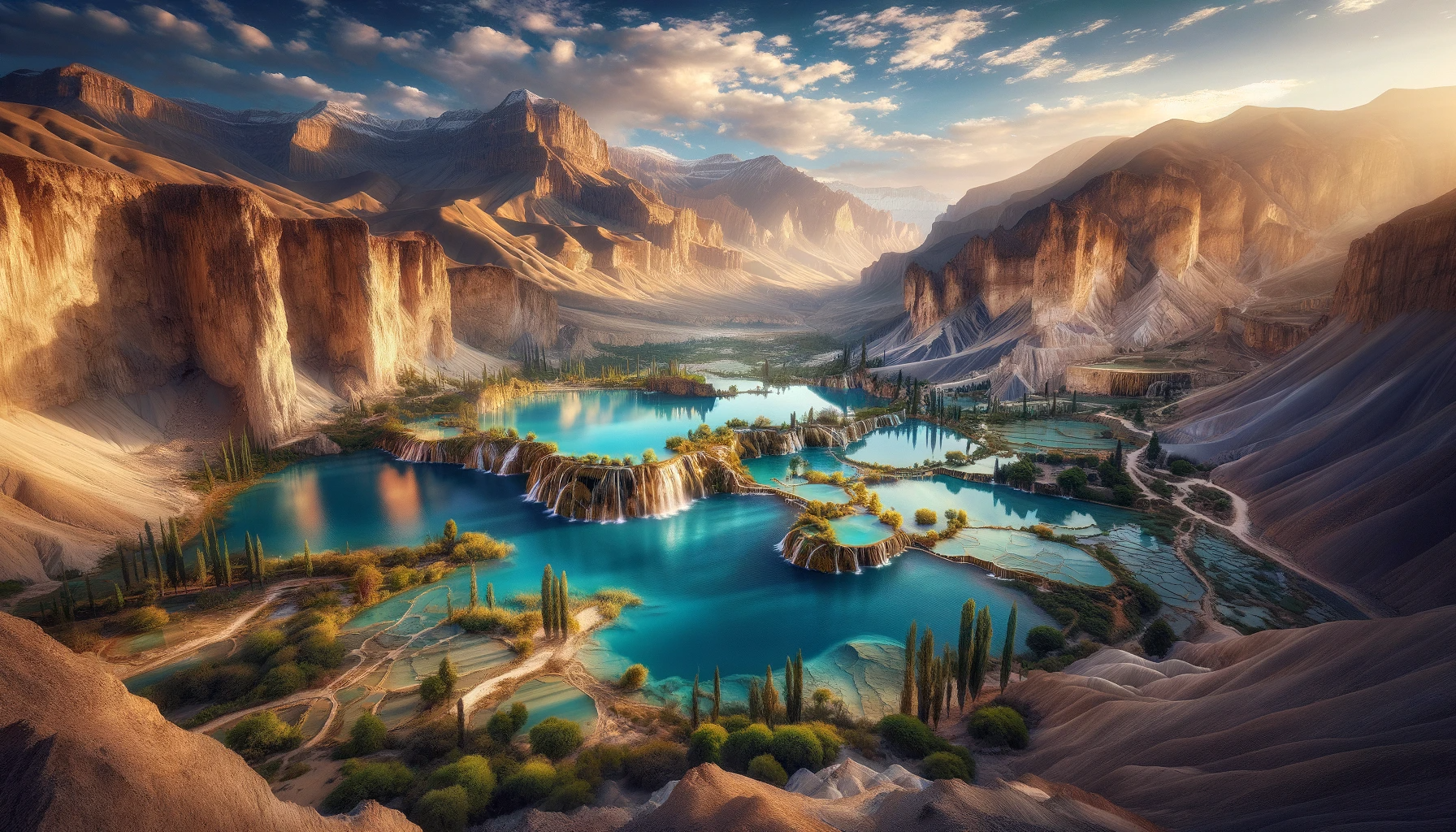Afghanistan, a landlocked country at the crossroads of Central and South Asia, is known for its rich history and diverse cultural heritage. Influenced by numerous empires and dynasties, it is home to ancient historical sites, including the Minaret of Jam and the remnants of the Buddhas of Bamiyan.
Despite facing significant challenges, Afghanistan’s rugged landscape, encompassing the Hindu Kush mountains and the Khyber Pass, its traditional crafts, and the resilience of its people, make it a nation of profound historical significance and enduring cultural richness.
List of National and Public Holidays in Afganistan (Middle East) for the year 2024
- Liberation Day: Thursday, 15 February 2024
- Awal Ramadan: Monday, 11 March 2024
- Eid al-Fitr Holiday: Wednesday, 10 April 2024 to Friday, 12 April 2024
- Victory Day: Sunday, 28 April 2024
- Labour Day: Wednesday, 1 May 2024
- Arafat Day: Saturday, 15 June 2024
- Eid al-Adha Holiday: Sunday, 16 June 2024 to Tuesday, 18 June 2024
- Ashura: Tuesday, 16 July 2024
- Independence Day: Monday, 19 August 2024
- Mawleed al-Nabi: Sunday, 15 September 2024

History
- Ancient Crossroads: Situated along the Silk Road, Afghanistan has been a historical crossroads between the East and West, influencing its rich cultural heritage.
- Islamic and Mongol Eras: Became part of the Islamic Caliphate in the 7th century. Later, it saw Mongol invasions and was part of various empires.
- Modern History: Gained independence from British influence in the early 20th century. Experienced a Soviet invasion in 1979 and subsequent civil conflicts.
- Taliban and Recent Developments: The Taliban controlled Afghanistan from 1996 until 2001, and after the US-led invasion, a new government was established. The Taliban regained control in 2021, leading to significant political changes.
Geography
- Location and Terrain: Landlocked in South-Central Asia, bordered by Pakistan, Iran, Turkmenistan, Uzbekistan, Tajikistan, and China. Dominated by rugged mountainous terrain, with the Hindu Kush mountain range.
- Climate: Predominantly arid to semi-arid, with cold winters in the highlands and hot summers in the low-lying areas.
Culture
- Ethnic and Linguistic Diversity: Home to various ethnic groups including Pashtun, Tajik, Hazara, and Uzbek. Each group has its unique traditions and customs.
- Language and Literature: Pashto and Dari (Persian) are the official languages. Rich in poetic tradition, with figures like Rumi and Omar Khayyam having roots in the region.
- Arts and Music: Known for its traditional crafts, including carpet weaving and calligraphy, and a rich musical heritage.
Economy
- Agriculture: The primary livelihood for many, with products like pomegranates, grapes, and nuts. Opium production remains a significant and controversial part of the economy.
- Challenges and Aid Dependence: Faces significant economic challenges, including poverty and reliance on foreign aid.
- Natural Resources: Possesses untapped reserves of minerals and natural gas, which present potential opportunities for economic development.
Society
- Demographics: A young population, with a high birth rate but also high rates of emigration due to political and economic instability.
- Education and Healthcare: Struggle with access to quality education and healthcare, exacerbated by ongoing conflicts and political instability.
- Gender Issues: Women’s rights and participation in society have been a focal point of international concern and internal debate.
Environmental Concerns
- Natural Disasters and Issues: Vulnerable to natural disasters like earthquakes and flooding. Environmental issues include deforestation, soil degradation, and pollution.
Government and Politics
- Recent Political Changes: Following the withdrawal of US and NATO troops, the Taliban regained control, leading to uncertainties about the political and social trajectory of the country.
- Human Rights and International Relations: Human rights, especially women’s rights, and relations with the international community remain critical concerns.
Tourism
- Historical and Natural Sites: Rich historical sites like the Bamiyan Buddhas (destroyed in 2001 but still historically significant), Herat, and the Minaret of Jam. Offers stunning natural landscapes, though tourism is minimal due to security issues.

